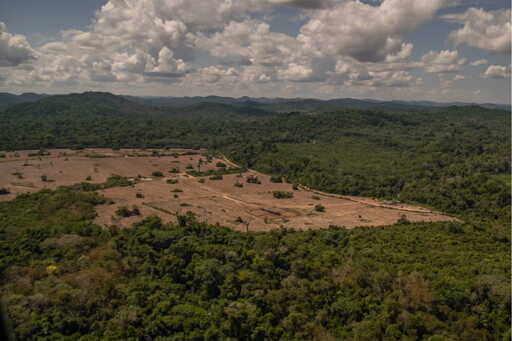Realizing the goals of sustainable development and environmental conservation in the Pan Amazon will require profound changes in the region’s legal and economic framework. This type of change can only be obtained via the political process. Fortunately, there is broad support within Amazonian nations for a change in the policies that drive deforestation and unsustainable production systems. Unfortunately, environmental issues are well down the list of priorities that influence people’s voting preferences. Typically, politicians voice support for protecting the Amazon but avoid making the hard decisions that might change the future. All the nations of the Pan Amazon have a presidential style of constitutional democracy that delegates significant power to the executive branch, but with checks and balances that allocate varying degrees of power to the legislature to make laws, manage the budget and oversee executive branch actions. The judicial system interprets those laws and, very occasionally, adjudicates disputes between the other two branches. Amazon forest and deforestation. Image by Marizilda Cruppe/ Rede Amazônia Sustentável. Occasionally, a country will elect a charismatic president who circumvents the checks and balances to create a regime with authoritarian tendencies. These demagogues often espouse environmental principles, but experience has shown they are false prophets who use climate, biodiversity and Indigenous issues to advance a political agenda based on personal power. Considering the overweening power of the presidency, it is not unreasonable for environmental activists to hope that a presidential election can lead to fundamental change – but it is unrealistic. Few presidential candidates embrace the…This article was originally published on Mongabay
From Conservation news via this RSS feed


